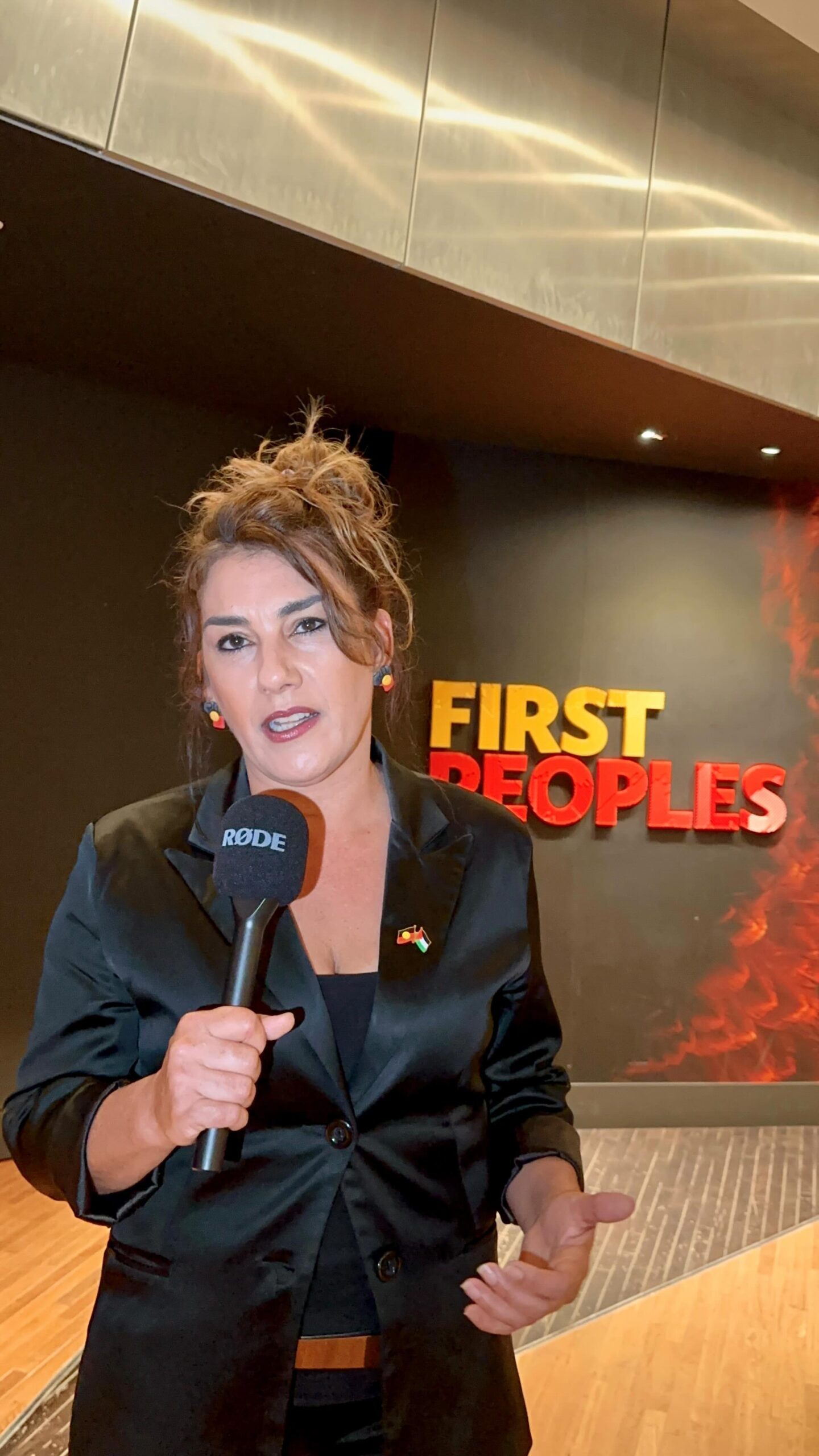Introduction
Fethullah Gülen has been a pivotal figure in shaping not only Turkish society but also international perceptions of Islam and its role in modern governance. His teachings and the movement he inspired have drawn millions of followers worldwide, advocating for education, interfaith dialogue, and social service. However, his journey is not without turmoil, marked by accusations from the Turkish government of orchestrating a coup and leading a terrorist organization. Understanding Gülen’s complex legacy is essential for anyone interested in contemporary Turkey and the broader implications of his ideology.
Early Life and Education
Fethullah Gülen was born on April 27, 1941, in Erzurum, Turkey. Raised in a religious family, he was exposed to Islamic teachings from a young age. His early education was rooted in traditional Islamic scholarship, where he developed a profound understanding of the Quran and Hadith. As he grew older, Gülen became increasingly influenced by a blend of Turkish nationalism and Islamic values, setting the foundation for his later work.
Background and Family
Gülen’s family background played a significant role in shaping his worldview. His father was a mosque imam, which instilled in him a deep appreciation for religion and education. This environment fostered his love for teaching and community service, which would later become the cornerstone of the Gülen movement.
Educational Influences
After completing his primary education, Gülen pursued further studies at various religious schools. He became an imam and began preaching in the 1950s, focusing on the need for moral integrity and education in society. His early sermons emphasized the importance of knowledge as a means to uplift society, which would resonate throughout his life.
Rise of the Gülen Movement
The Gülen movement, also known as Hizmet (meaning “service”), began to take shape in the late 20th century. What started as a modest effort to promote education and interfaith dialogue quickly grew into a global network of schools, charities, and media outlets.
Origins of the Movement
Gülen began organizing educational initiatives in the 1980s, emphasizing the need for modern, science-based education grounded in moral and ethical values. The first Gülen schools opened in Turkey, focusing on high academic standards and fostering a sense of community among students.
Key Principles and Beliefs
At the heart of the Gülen movement is the belief in selfless service to humanity. Followers are encouraged to engage in various social and educational initiatives, promoting values such as tolerance, dialogue, and mutual respect. This philosophy has attracted diverse individuals, including secular Turks and international followers.
Philosophy and Ideology
Gülen’s teachings revolve around the concept of Hizmet, which advocates for serving others and contributing positively to society. His philosophy encompasses a unique blend of Islamic teachings and modern values, appealing to a wide audience.
Concept of Hizmet (Service)
The idea of Hizmet emphasizes altruism and community service, urging followers to engage in educational and charitable activities. Gülen believes that through selfless service, individuals can achieve personal growth and contribute to societal progress.
Interfaith Dialogue and Tolerance
One of Gülen’s notable contributions is his advocacy for interfaith dialogue. He believes that understanding and respecting different faiths is crucial in a diverse world. This approach has led to numerous interfaith initiatives, fostering cooperation among various religious groups.
Global Reach of the Movement
The Gülen movement has expanded significantly beyond Turkey, establishing a global network of institutions and initiatives. This international presence has sparked both admiration and controversy.
Expansion Beyond Turkey
Gülen’s followers have opened schools in over 160 countries, promoting academic excellence and cultural exchange. These institutions often emphasize science and technology, aiming to equip students for a competitive global landscape.
Establishment of Schools and Institutions
The movement’s schools are known for their rigorous academic standards and commitment to ethical values. Many graduates have gone on to achieve significant success in various fields, further enhancing the movement’s reputation.
Political Engagement
Gülen’s relationship with the Turkish government has been tumultuous, marked by initial cooperation followed by bitter conflict. His political engagement has significantly shaped the movement’s trajectory.
Relationship with the Turkish Government
In the early 2000s, Gülen’s movement allied with the Justice and Development Party (AKP), led by Recep Tayyip Erdoğan. This partnership appeared mutually beneficial, as both sought to promote moderate Islam and reform Turkey’s secular institutions.
Key Political Events and Shifts
However, as the AKP consolidated power, tensions began to rise. By the late 2010s, Gülen and Erdoğan became rivals, with the government accusing Gülen’s followers of infiltrating state institutions. This shift culminated in a crackdown on the Gülen movement following the failed coup attempt in July 2016.
Controversies and Accusations
The 2016 coup attempt marked a turning point for Gülen and his movement, leading to widespread accusations and legal repercussions.
Coup Attempt of 2016
The Turkish government blamed Gülen for orchestrating the coup attempt, a claim he vehemently denied. The aftermath saw a massive crackdown on his followers, with thousands arrested or dismissed from their positions in various sectors, including education and the military.
Charges of Terrorism and Political Manipulation
Following the coup, Gülen has been labeled a terrorist by the Turkish government. This characterization has raised concerns about the legitimacy of the accusations and the implications for civil liberties in Turkey.
Gülen’s Exile and Current Status
After the coup attempt, Gülen sought asylum in the United States, where he currently resides. His exile has not diminished his influence but has instead added to the complexities of his legacy.
Life in the United States
In the U.S., Gülen continues to engage with his followers and the broader public through writings and speeches. His teachings remain influential, particularly among those who resonate with his vision of a moderate, tolerant Islam.
Ongoing Legal Battles and Influence
Gülen’s legal challenges in Turkey persist, with the Turkish government seeking his extradition. However, U.S. authorities have so far resisted these efforts, citing insufficient evidence for the accusations against him.
Criticism and Support
Opinions on Gülen are deeply divided. While many admire his educational initiatives and commitment to dialogue, others criticize his movement for alleged political manipulation.
Perspectives from Supporters and Detractors
Supporters view Gülen as a champion of education and social justice, while detractors accuse him of using his influence for political gain. This dichotomy underscores the complexities of his legacy.
Impact on Turkish Society
The Gülen movement’s influence on Turkish society remains significant. While some celebrate its contributions to education and interfaith dialogue, others express concern about its perceived political ambitions.
Legacy and Future Prospects
The future of the Gülen movement is uncertain, especially in light of the ongoing political climate in Turkey. However, its impact on education and interfaith dialogue is likely to endure.
Long-term Implications of Gülen’s Movement
As Turkey continues to navigate its political landscape, the principles espoused by Gülen may resonate with future generations, influencing the trajectory of Turkish society.
Potential for Reconciliation or Further Division
The path forward remains fraught with challenges. Reconciliation between Gülen’s followers and the Turkish government appears unlikely in the near term, suggesting that divisions may persist.
Conclusion
Fethullah Gülen is a figure of immense complexity, embodying both hope and controversy in modern Turkey. His teachings on education, service, and interfaith dialogue continue to inspire many, while his legacy is marred by political strife and accusations of treachery. Understanding Gülen’s multifaceted impact is crucial for grasping the evolving dynamics of Turkish society and its future direction.















Leave a Reply